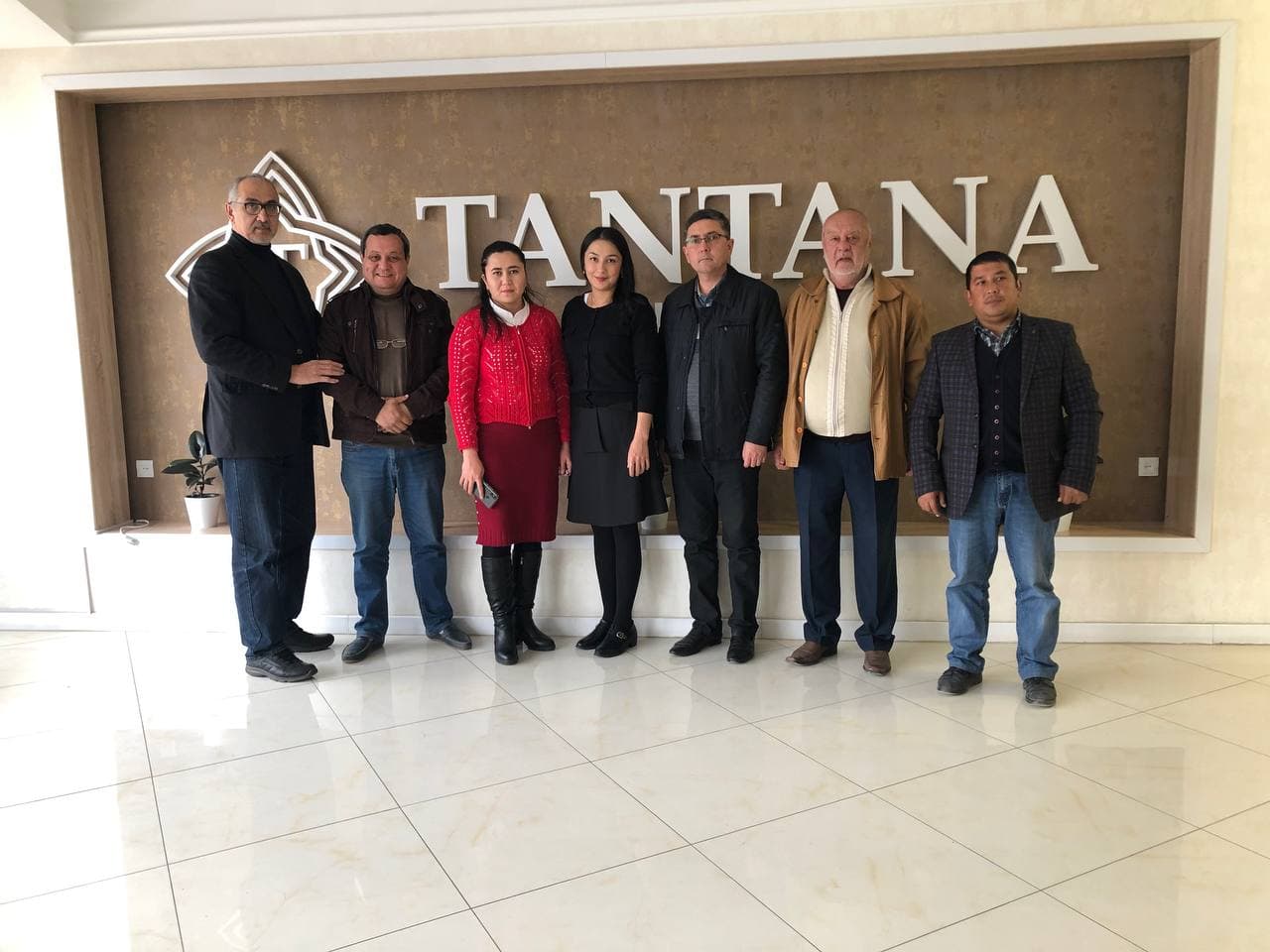By Pulat Ahunov, Chairman of the Sweden-based Association Central Asia
On May 27, 2025, an administrative offense report was filed against civil society activist Gulnoz Mamarasulova, director of the Uzbekistan branch of the Association Central Asia, following a complaint by the Ministry of Justice (MoJ). The case centers on allegations that Mamarasulova knowingly provided false information—a charge brought under Article 239, Part 6 of Uzbekistan’s Administrative Code.
Despite the gravity of the accusation, Mamarasulova was not present at the court hearing held on June 10, 2025, as she had not received a court summons and was unaware of the date and location of the hearing. She only learned about the ruling over a month later, when she received a notice from the enforcement bureau (MIB) informing her that she had been found guilty and fined. She maintains that she had no opportunity to defend herself, having only become aware of the case in late May 2025, when the Ministry of Justice sent a formal submission to the court and requested that she provide a written explanation.
A Voice for Human Rights and Civil Society
Gulnoz Mamarasulova is widely recognized as a longstanding and respected human rights advocate with decades of experience. As the officially registered representative of Association Central Asia in Uzbekistan, she has been actively involved in human rights monitoring, civic education, and international cooperation initiatives.
In 2024–2025, she organized a series of training workshops as part of the project “Supporting Democratic Governance in Uzbekistan: Building the Human Rights Capacity of Non-Governmental Non-Profit Organizations.” These workshops targeted local small NGOs and focused on organizational development, legal literacy, and strategies for effective community engagement. The initiative aimed to strengthen the institutional capacity of grassroots organizations and equip them to participate more effectively in democratic processes and human rights advocacy.
Mamarasulova advocates for a broad spectrum of human rights both nationally and internationally, including women’s rights, freedom of religion, freedom of speech, freedom of association, and labor rights. She works in active collaboration with international human rights organizations to promote and uphold these rights in Uzbekistan and beyond. Over the years, she has also participated in multiple professional training programs conducted by institutions such as the European Union (EU) and the Organization for Security and Co-operation in Europe (OSCE), enhancing her expertise in democratic governance and international human rights law.
Her contributions further include the 2024 Uzbek translation of “Human Rights: A Very Short Introduction” by renowned scholar Andrew Clapham. This effort represents a milestone in making foundational human rights concepts accessible to a broader Uzbek-speaking audience and encouraging public engagement on these issues.
Mounting Pressure from Authorities
Despite—or perhaps because of—her commitment to civic engagement, Mamarasulova and the organization she leads have come under increased scrutiny. On April 29, 2025, the Ministry of Justice issued a formal protocol accusing her as a representative of Association Central Asia of a series of administrative violations. These accusations, viewed by many as politically motivated, exemplify the increasing use of bureaucratic tools to pressure and constrain independent civil society actors.
Importantly, the so-called violations cited in the document appear to stem not from intentional wrongdoing but from regulatory ambiguities and technical limitations. These include failure to obtain prior approval for online meetings held in 2022–2023, confusion due to last-minute venue changes, and challenges related to registering foreign guests. These are common administrative hurdles faced by NGOs, and none suggest deliberate misconduct or harmful intent.
A Chilling Message to Civil Society
The administrative fine levied against Mamarasulova can be seen as more than just a personal penalty. It sends a broader signal that civic activism may carry legal risks, even when conducted lawfully and transparently. This contributes to a chilling environment for civil society organizations and human rights defenders in Uzbekistan.
In contrast, European and democratic countries typically support NGOs through consultation, technical assistance, and constructive oversight. Administrative reviews in such contexts aim to promote transparency and accountability, not to hinder legitimate civic activity. As a participant in the EU’s GSP+ trade preference system, Uzbekistan has pledged to uphold international human rights norms and create an enabling environment for civil society.
The case of Gulnoz Mamarasulova illustrates a troubling divergence between these international obligations and domestic practice. Instead of fostering civic engagement, government authorities appear to be deploying legal traps, fines, and intimidation to discourage independent voices and suppress dissent.
This is not merely an isolated incident. It reflects a broader systemic issue in the country’s treatment of civil society. The risk is that organizations, especially small and regional NGOs, will retreat from public life due to fear of reprisal or administrative targeting.
Civil society actors and human rights defenders should not face punitive measures for fulfilling their roles in democratic development. They require institutional safeguards, legal clarity, and official recognition as equal partners in advancing human rights and social progress. These individuals and organizations are not opponents of the state; they are essential contributors to a more transparent, inclusive, and just society.
The case of Gulnoz Mamarasulova should serve as a wake-up call. If Uzbekistan is truly committed to democratic reforms and its international obligations, it must reverse course, and begin treating civil society not as a threat, but as an indispensable ally.
